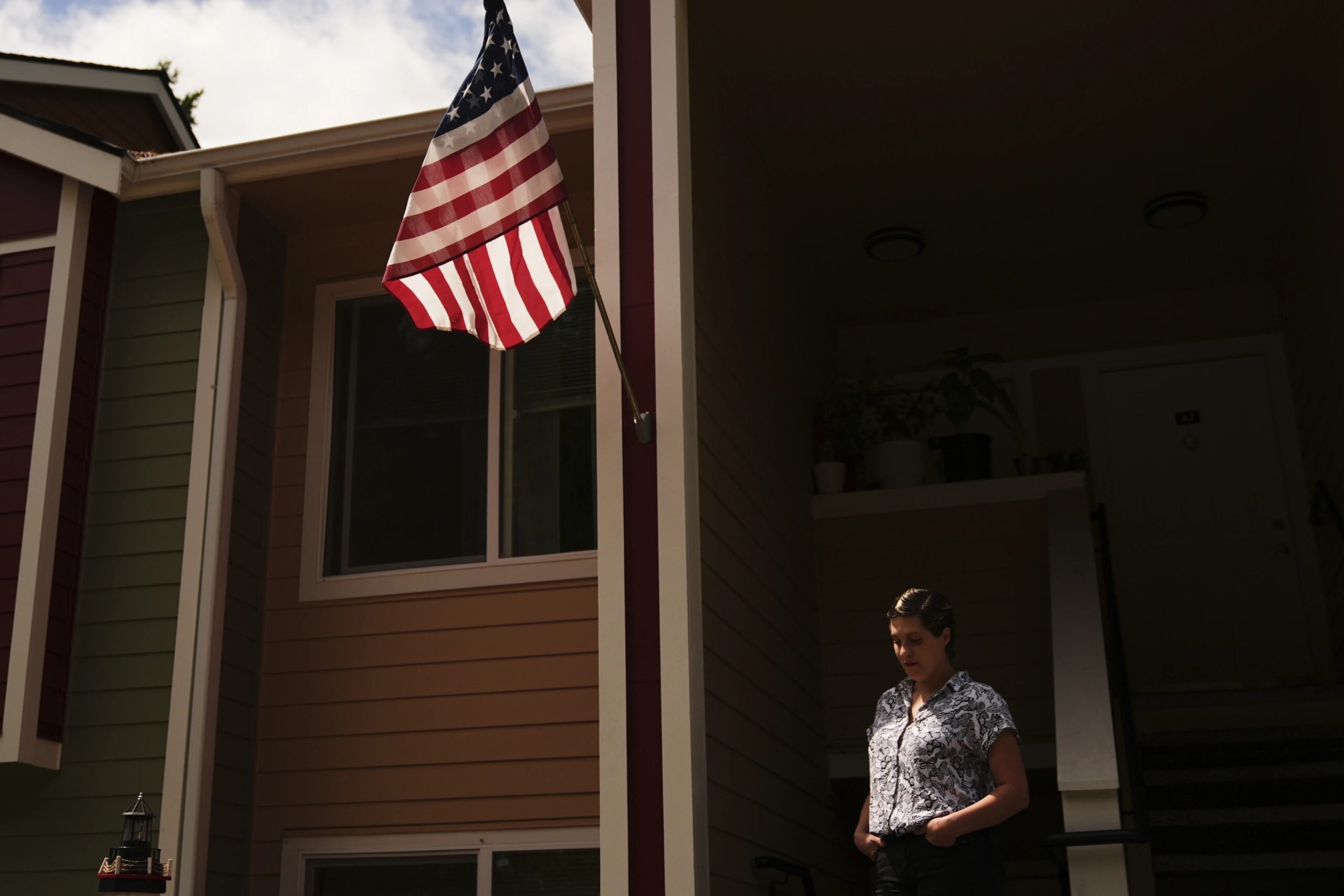NORTH CAROLINA – On July 1, by Congress not making a decision to renew subsidies on federal student loans, they once again increased them from 3.4 percent to 6.8.
According to a report from NPR, the efforts to keep the rates from doubling on Subsidized Stafford loans—which account for roughly a quarter of all direct federal borrowing—fell apart amid partisan disagreement in the Senate before the July 4th holiday.
The change only affects new loans, not loans existing prior to the decision. Whether or not this change will be effective this coming school year is unclear; Congress could reconvene and take action on restoring the previous rates before it breaks again for the month of August.
Assistant Director for Financial Aid at UNC, Kristin Anthony, weighs in on how the change might affect UNC students. While she is unhappy about the increase, she says the average student loan debt at UNC is already extremely low compared to the national average.
“The nationwide average of loan debt from a graduating senior ranges somewhere between $24- and $25,000, but here at Carolina, ours has always been roughly around $15,000,” says Anthony.
Anthony says she’s hopeful that Congress will soon work on legislation that would bring the interest rates down to the previous level, particularly before the coming school year in August.
The good news is that even though there are loans being made currently that are at the 6.8 percent interest rate, if in the near future Congress takes action to restore previous rates, the lower rates will be implemented on all loans made since July 1.
“We do have documentation that has come from the federal government that has indicated that whatever they do decide in the near future, that they will backdate it to July 1, 2013,” says Anthony.
As far as possibly affecting enrollment at UNC, Anthony says she’s confident the change won’t make a difference.
“I think that students may just take a greater interest in keeping their loans lower—instead of borrowing the maximum amounts they’re allowed to borrow, they may start to look at, ‘what do I actually need versus what do I want to take?’”
“I think Carolina still stays very attractive to students, especially with our cumulative debt for graduating seniors, versus others schools that they may compare that number to,” she says.
Related Stories
‹

1.4M of the Nation’s Poorest Renters Risk Losing Their Homes With Trump’s Proposed HUD Time LimitPresident Donald Trump's administration is proposing changes to HUD's rental assistance programs, including a two-year limit to be in a unit.

Bill Seeks To Give More NC Tax Breaks on COVID-19 LoansWritten by GARY D. ROBERTSON The state House on Thursday overwhelmingly backed legislation that would give additional state tax breaks to businesses that took federal loans to weather the COVID-19 pandemic. But the Senate isn’t yet fully on board with the idea, which comes with a hefty price tag. Supporters of the House measure, including Republican Speaker […]

Local and National Loan Programs: Where Small Businesses Can Get HelpAs local businesses continue to experience financial strain due to the coronavirus pandemic, both local and national government have stepped up to provide aid where it is needed. The Chamber for a Greater Chapel Hill-Carrboro works to help local businesses succeed and become a part of a thriving community. Aaron Nelson is the President of […]

Carrboro United Launches Emergency Loan Relief Fund for Local BusinessesAfter launching Carrboro United just over a week ago, the food hub has already made an impact within the community. Now, it’s looking to help local businesses even more. The group announced its second initiative, the Carrboro United Emergency Impact Loan Relief Fund, on Monday. The fund, in addition to the Local Food Hub, aims […]

Report: Costs in Most States Exceed Subsidies for Child CareChild care costs in most states exceed federal subsidy payments provided to low-income parents, according to a newly released report from the Department of Health and Human Services Office of Inspector General, leaving working families with few affordable options. The report, released Tuesday, focuses on the Child Care Development Fund, an $8.2 billion block grant […]
![]()
Schools Increasingly Aim to Assess, Manage Student ThreatsSchools around the country have been setting up teams to assess threats posed by students who display signs of violence like the former student who compiled a “hit list” years ago in high school and went on to kill nine people in a weekend shooting in Dayton, Ohio. Despite consensus on the approach’s benefits, school […]
![]()
CHCCS Moving Forward with Equity PlanCHCCS has been developing an equity plan for its schools for over a year. The plan was originally designed to address racial inequity, but has since been revamped to include other types of inequality such as gender and nationality. “So if we look at what colleges and universities are really doing, this actually affects all […]

Orange County Commissioners Approve Funding Increase for Non-profit GroupsA funding increase initiative for local non-profit groups was approved by the Board of Orange County Commissioners during a meeting held last Tuesday. Provisions for the increase were summarized by Chairperson Mark Dorosin, who explained that “a 1.2 percent target of general fund expenditures […] for funding outside agency operations” was the crux of the […]
![]()
More than 400,000 in NC Keep Obamacare SubsidiesThe U.S. Supreme Court has upheld the tax breaks for those who purchased health insurance through the federally-run exchange. The ruling allows more than 400,000 North Carolina residents to keep subsidies that help pay for their health insurance premiums. The question at hand in King v. Burwell was whether a small line of text in […]
![]()
Close Contacts Of ECH Student Who Died Being MonitoredOrange County Health Department Director Colleen Bridger as she addressed the media Thursday morning.
›







